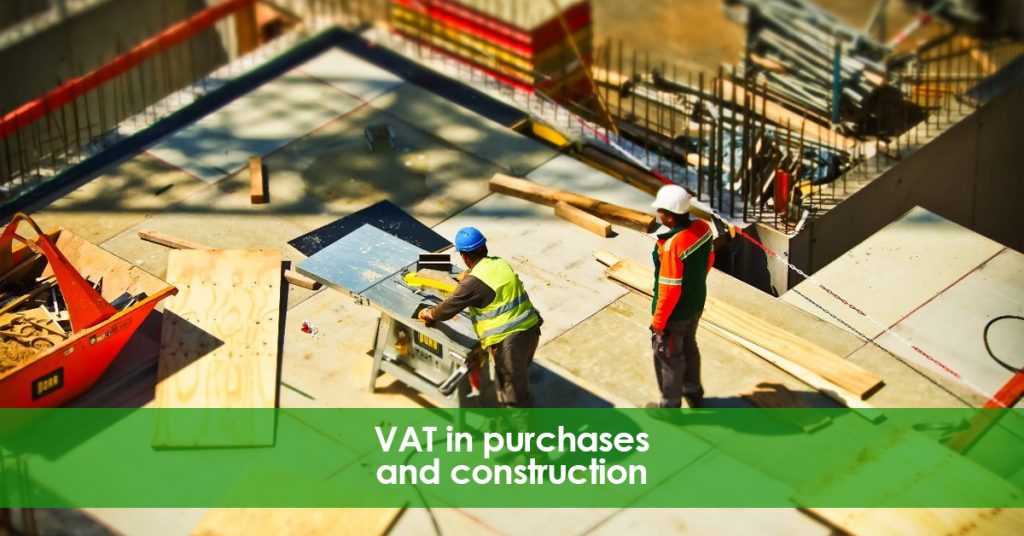In Spain, under certain circumstances, the buyer of a plot of land may be considered an businessperson for VAT purposes, even if they are an individual who does not carry out any business or professional activity. This means that the transaction would be subject to VAT, which carries important tax implications and advantages. In this week’s article, we analyze VAT in purchases and construction and the various scenarios.
What does capital gain from sale When is someone considered an entrepreneur for VAT purposes?
When a plot is purchased with the intention of building on it. Or when a property is purchased for rehabilitation and subsequent sale, the buyer may be considered an businessperson for VAT purposes. This does not apply to income tax or other taxes, only VAT, even if the buyer does not normally act as a business. This means that if the buyer purchases with this intention, the subsequent sale of the property could be subject to VAT.
One of the advantages of this situation is that the buyer can offset the VAT incurred during the construction or rehabilitation of the property. But what does this mean exactly?
Taxable person role reversal (VAT).
A private individual, who is not a regular business owner in construction, decides to invest in Spain. Their intent is to purchase land and build a house on it for subsequent sale to a third party. In this case, if the intention and the destination is resale, it could be understood that, for VAT purposes, he is considered as a businessperson.
Thus, he would not bear (or would offset) the VAT he would normally have to pay (for example, to the builder, who could issue invoices at a 0% VAT rate). Therefore, he would save 10% VAT on the builder’s invoice.
Thus, if this were the final destination of the construction and investment, it is important to subject it to VAT, as it would represent a 10% tax saving.
The key: The intention to sell and registration in the censal model.
Being considered an entrepreneur for VAT purposes mainly depends on the buyer’s intention. However, it is also necessary to register in the censal model (form 036). Still, registering in the censal model does not guarantee that the transaction will be subject to VAT. If the buyer decides not to sell after construction, the transaction could be questioned by the Tax Authorities, which could question whether it is still subject to VAT or not. In that case, the right to deduct or not bear VAT could be lost.
Conclusions: The importance of proper tax planning.
In summary, it is crucial to carry out proper tax planning before engaging in the purchase and sale of properties. Having specialized advice can be key to taking advantage of tax benefits and avoiding surprises.
At White-Baos Lawyers, we are experts in real estate law. We can provide the necessary advice to optimize your property purchase and sale operations from a tax perspective. Do not hesitate to contact us; we will study your case and the possibility of applying VAT in purchases and construction, in your specific case.
The information provided in this article does not constitute legal advice but is intended for general informational purposes only.
Carlos Baos (Lawyer)
White & Baos.
Tel: +34 966 426 185
E-mail: info@white-baos.com
White & Baos 2025 – All Rights Reserved.
